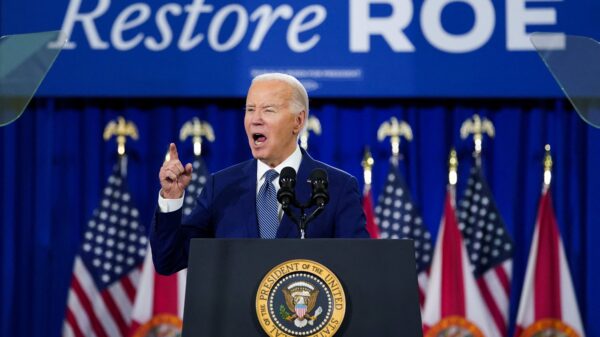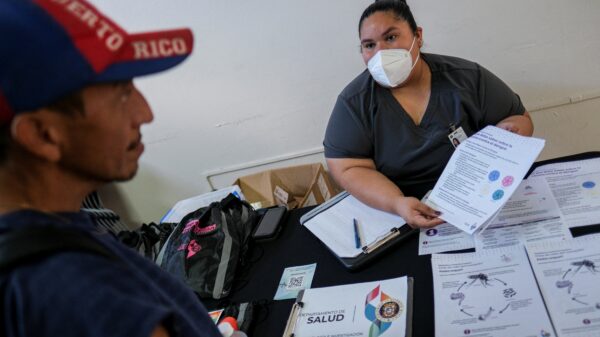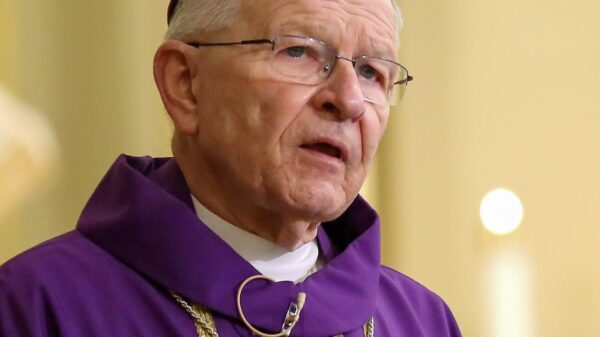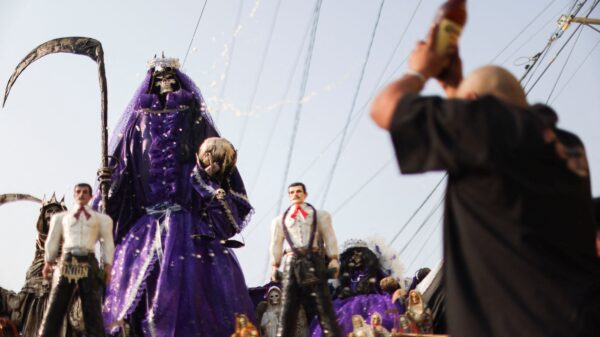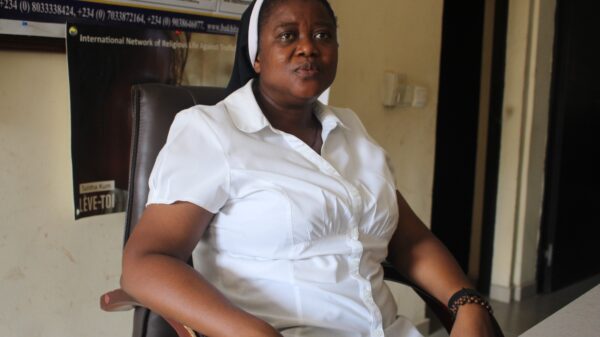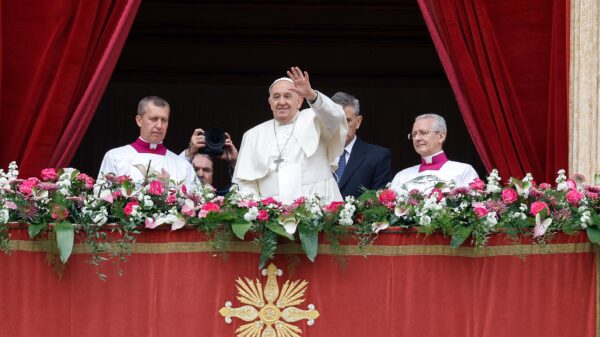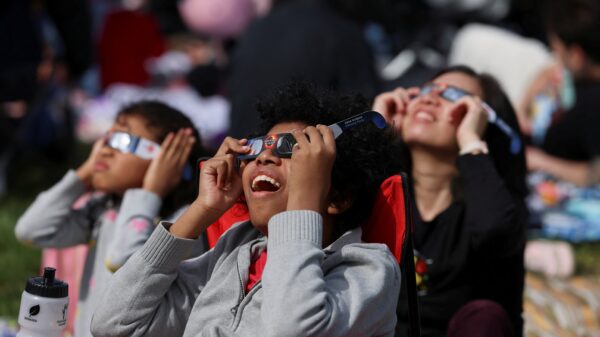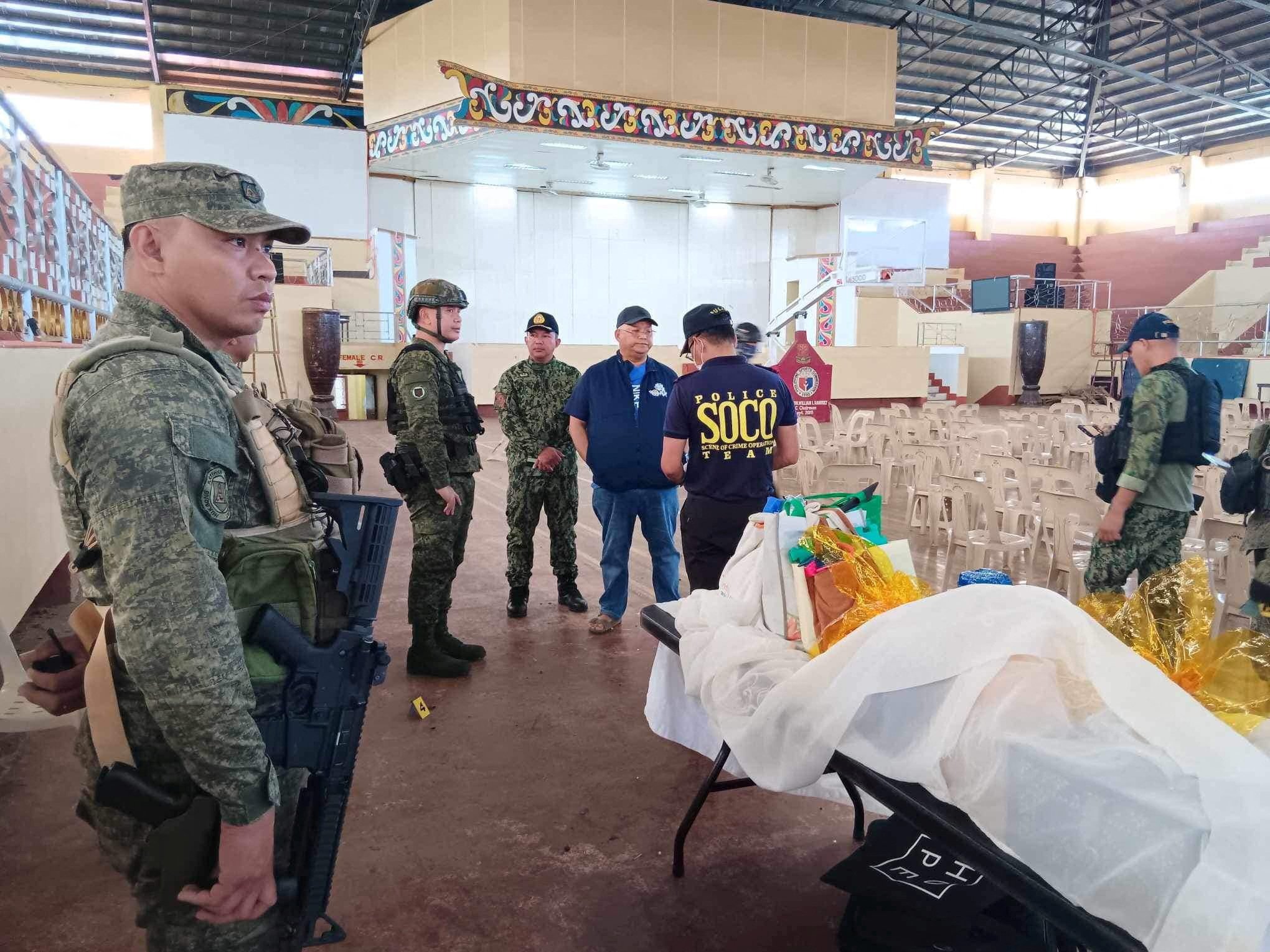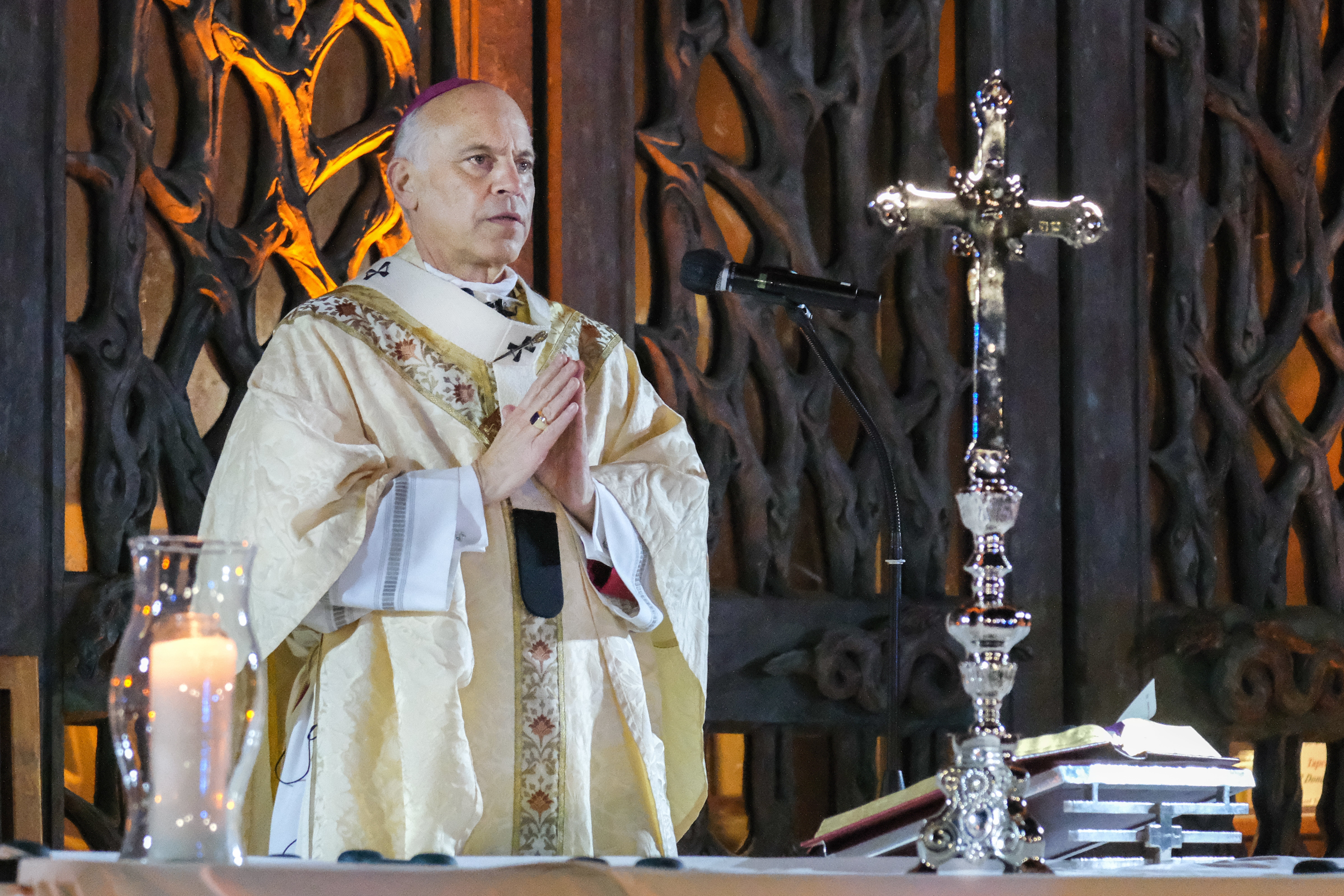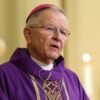(OSV News) — A deadly bomb that exploded during a Mass Dec. 3 killed at least four people and injured dozens at a university in a predominantly Muslim city in southern Philippines.
Media reports that the explosion caused panic among dozens of students and teachers in a gymnasium, where Mass was taking place, at Mindanao State University in Marawi, capital of Lanao del Sur province. At least four people were killed, and nearly 50 others were brought to two hospitals for treatment, authorities said. The explosion took place at around 7 a.m. local time.
Authorities had called the explosion a “terror attack” and regional military commander Maj. Gen. Gabriel Viray III said they were trying to identify the group responsible for the deadly blast, according to Reuters. The motive is yet to be determined, but the police were investigating the possible involvement of Muslim militants, who have a presence in the region.
After his prayer of the Angelus, Pope Francis assured the victims of the bombing attack of his prayers. He added that he was “close to the families, to the people of Mindanao who have already suffered so much.”
In a telegram, addressed to Bishop Edwin de la Peña of Marawi, the pope also said he was “deeply saddened to be informed of the injuries and loss of life caused by the bombing,” according to Vatican News.
Nearly 80% of the population in the Philippines — which, according to U.S. government estimates, has 114.6 million people — is Catholic. According to a census conducted by the Philippine Statistics Authority, about 6% of the population identify as Muslim.
Philippines President Ferdinand Marcos Jr. condemned the attack on the social media platform X, offering condolences to the victims’ loved ones, urging calm and promising that the perpetrators will be brought to justice.
“I condemn in the strongest possible terms the senseless and most heinous acts perpetrated by foreign terrorists,” he said. “Extremists who wield violence against the innocent will always be regarded as enemies to our society.”
He added that the armed forces and police have been instructed “to ensure the protection and safety of civilians and the security of affected and vulnerable communities.”
Lanao del Sur Gov. Mamintal Alonto Adiong Jr. also expressed strong condemnation of the attack.
“Here in my province, we uphold basic human rights, and that includes the right to religion,” said Adiong, who has visited with victims at a nearby hospital, according to ABS-CBN media network. “Terroristic attacks on educational institutions must also be condemned because these are places that promote the culture of peace and mold our youth to be the future shapers of this country.”
Mindanao State University said it was “deeply saddened” and “appalled” by the act of violence, saying that “violence has no place in a civilized society, and it is particularly abhorrent in an institution of higher learning like MSU.”
“We unequivocally condemn in the strongest possible terms this senseless and horrific act and extend our heartfelt condolences to the victims and their families,” it said in a statement posted on Facebook. “Our immediate priority is to ensure the safety and well-being of all constituents, particularly our Christian community.”
The university said its classes were suspended until further notice and that additional security staff had been deployed on its campus.
In an update, the university said that after working with authorities, it was determined that there was no need to evacuate the campus or to put it in lockdown but urged caution and asked students to “remain in their dormitories, boarding houses, and homes inside the campus until further notice.”
At a press conference with Defense Secretary Gilberto Teodoro, a general said that the military had killed 11 Islamic militants Dec. 1. They were members of the Dawlah Islamiyah, a group that has aligned with the Islamic State group and that, according to AP, still has a presence in Lanao del Sur province. There were also two other operations in the following days in Mindanao. Police said they were investigating if the attack at the university was connected.
“It is possible that what happened this morning was a retaliatory attack,” Armed Forces Chief Romeo Brawner said at the press conference, according to Reuters.
In 2017, Marawi saw a five-month battle between government forces and Islamic militants aligned with the Islamic State, which left over 1,000 dead. International forces helped the army to regain the city.
According to The Associated Press, the Dec. 3 explosion set off alarms beyond the area, as the Advent and Christmas season “ushered in a period of travel, shopping sprees and traffic jams” across the predominantly Catholic country.
The Philippine coast guard “ordered all its personnel to intensify intelligence gathering, stricter inspections of passenger ferries and the deployment of bomb-sniffing dogs and sea marshals following the suspected bomb attack,” AP said.
The Dec. 3 telegram with the pope’s message was signed by Vatican Secretary of State Cardinal Pietro Parolin, who was representing Pope Francis at COP28 in Dubai. It assured the people of the Holy Father’s spiritual closeness amid this tragedy and commended the souls of those who died to God’s mercy and prayed for “the divine gifts of healing and consolation upon the injured and bereaved.”
The pope concluded his message, praying that “Christ the Prince of Peace Christ the Prince of Peace will grant to all the strength to turn from violence and overcome every evil with good.”


